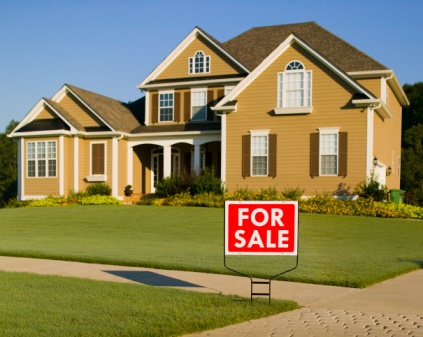

Vancouver the second least affordable city in the World. But perhaps the biggest sign of a Canadian housing bubble is debt. The average debt burden of Canadian families stands at a remarkable 153 percent of disposable income—and growing. If the bubble bursts millions of Canadians will be left paying a fixed mortgage on a rapidly depreciating asset that will destroy their financial lives.
Canada’s Housing Bubble Is Stretched to the Limit
Do the math: If you earned a salary of $50,000 per year, and bought an average house, it would cost almost $300,000 (in Regina a 900sq ft house built on a small lot in the 1930’s goes for more than $200,000). In Canada, this salary puts you in the 20 percent tax bracket. That means you really only bring home $40,000 per year, or $3,300 per month.
Now look at your mortgage costs. A 4.5 percent, fixed-rate, 30-year mortgage has a monthly payment of $1,520 per month. Almost half your total income goes to paying just the mortgage. That’s why the mortgage industry started providing zero-down 40-year loans, before the federal government banned them for being too risky for consumers.
If you are like many people, and don’t have a 20 percent down payment, you will need to buy mortgage insurance. Estimate another $250 per month if you have close to 20 percent. If you only put down 5 percent, you will need to cough up closer to $700 per month.
Then there are property taxes: Add at least another $500 per month. Property insurance: Another 250 per month.
You haven’t even begun to consider upkeep costs, or home owner’s association fees, and you are already paying $2,520 per month. If you only put 5 percent down, you would be paying $2,970 per month. That would leave you a miniscule $330 per month, all of which would probably be needed to pay utilities.
….read it all HERE












